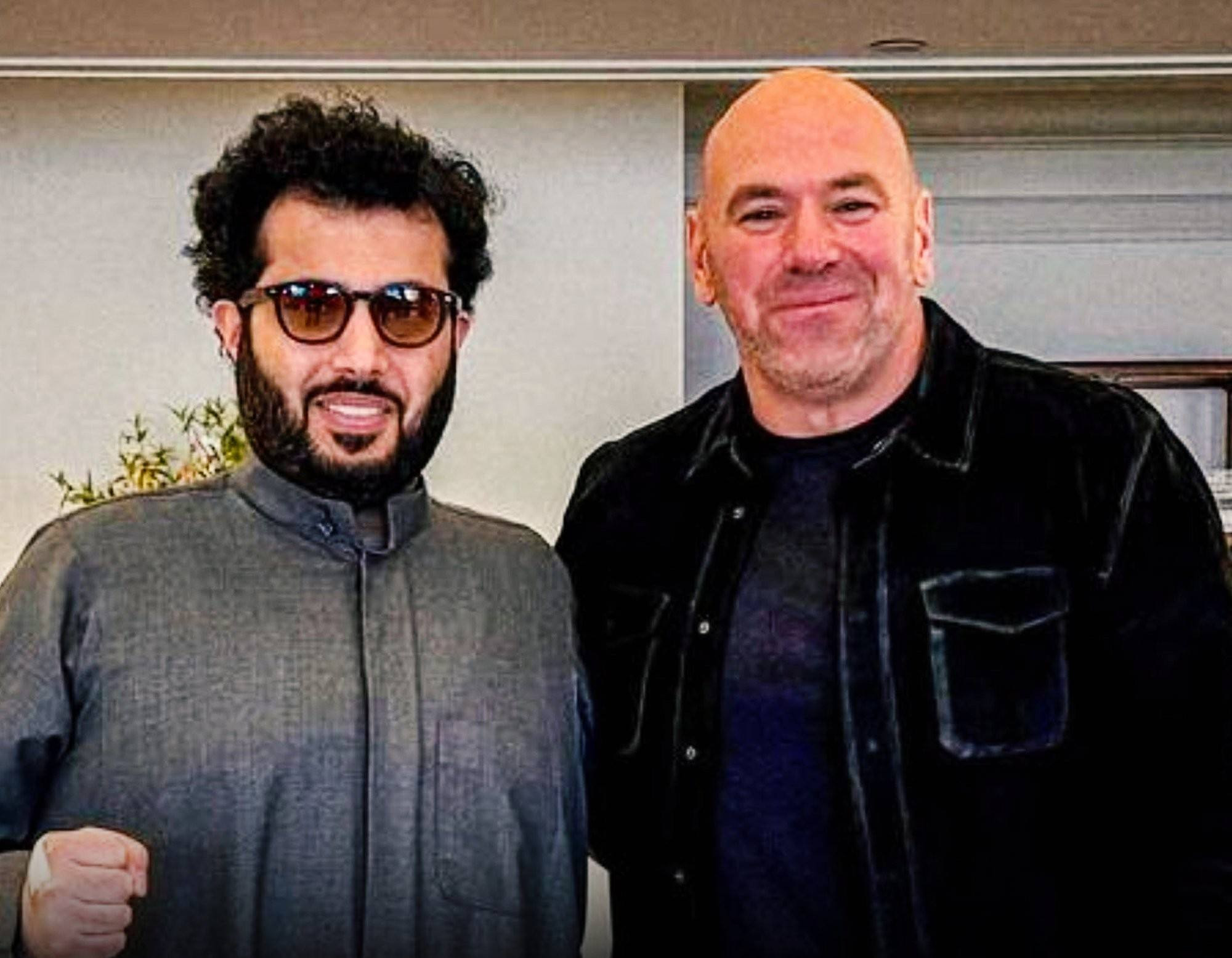Plans are steadily emerging for Turki Alalshikh and Dana White’s new TKO boxing league, an ambitious venture poised to introduce its own rankings and championship. According to documents reviewed by BoxingScene, the league will lean on a managerial arm called Hualapai Ventures, Inc., helmed by attorney Harrison Whitman (formerly with Top Rank and Probellum) and CAA agent Ishmael Hinson. Part of this operation includes a unique pay structure based on the fighters’ positions in the league’s own rankings.
One contract shared with BoxingScene highlights how TKO's closed-circuit approach would control both the fighter’s purse and their rating. An unranked fighter might earn $20,000 for a 10-round bout, while those climbing into the organization’s top 5-10 can make $50,000. Reaching a “company championship” bout nets $375,000, and defending it yields $750,000. Though decent for younger professionals, some observers worry this internal ranking system could lead to conflicts of interest; the same entity sets pay scales and arranges who merits higher billing.
The presented contract runs for three years from the fighter’s first bout, but it can also keep them under TKO’s banner for at least two years after they sign. Purses escalate once a boxer cracks “the company’s” top 10. Critics say this arrangement stokes concerns about fairness, pointing out that White – like many other promoters – isn’t subject to the same compliance as legacy sanctioning bodies. Others are hopeful the guaranteed dates and higher-tier contract payouts will be beneficial to mid-level prospects hungry for stable opportunities, though they acknowledge potential pitfalls if TKO chooses to keep its fighters in-house for all major bouts, excluding cross-promotional deals.
Alalshikh recently clarified that The Ring Magazine will remain separate, distancing the new enterprise from speculation it might shift Ring’s century-long ranking system. White, for his part, has stated he’s prepared to act apart from traditional sanctioning bodies, telling boxing journalist Dan Rafael he plans to “live in [his] own little bubble.” Even so, Alalshikh contends there is enough space in the market for TKO to coexist with existing promotions and commissions, though he concedes TKO will set its own champions via an internal belt.
While TKO aims to host its first show in 2026, the question remains how existing promoters - from PBC to Top Rank - will receive a competitor rumored to be eyeing over 150 signings. Some in the industry say TKO’s approach evokes the UFC’s model for consolidating MMA. Others label it a “closed shop” that might do more to fragment the sport than unify it. Despite these concerns, TKO’s guaranteed pay dates and Ali Act complexities haven’t deterred prospective fighters eager for bigger purses. Further clarity could come as TKO applies for state licensing in the U.S. and meets with athletic commissions in the coming weeks.
Image Credit: X
